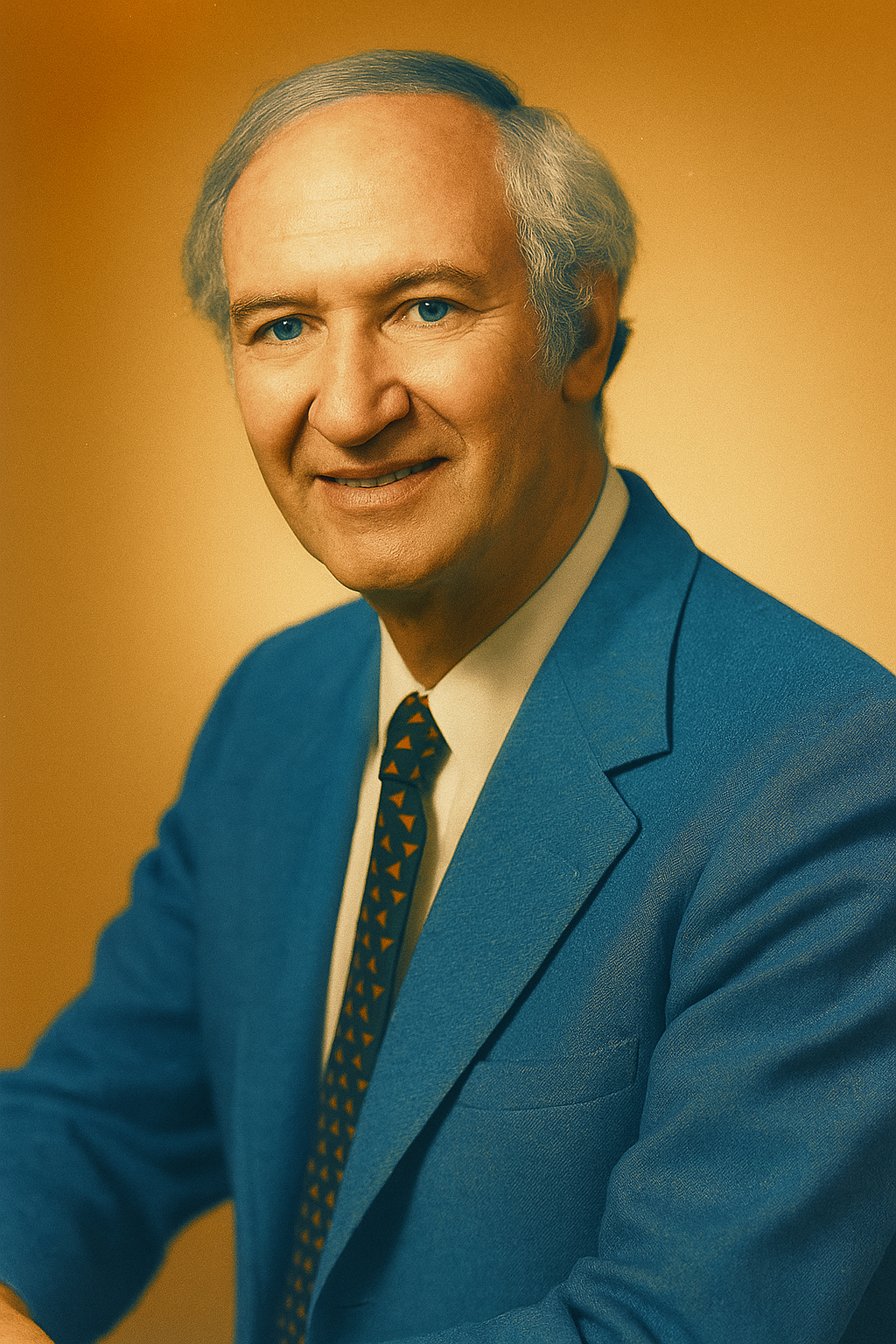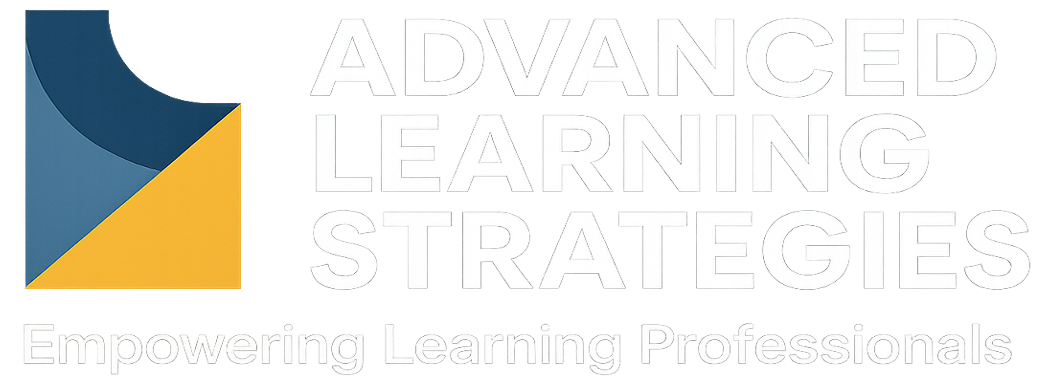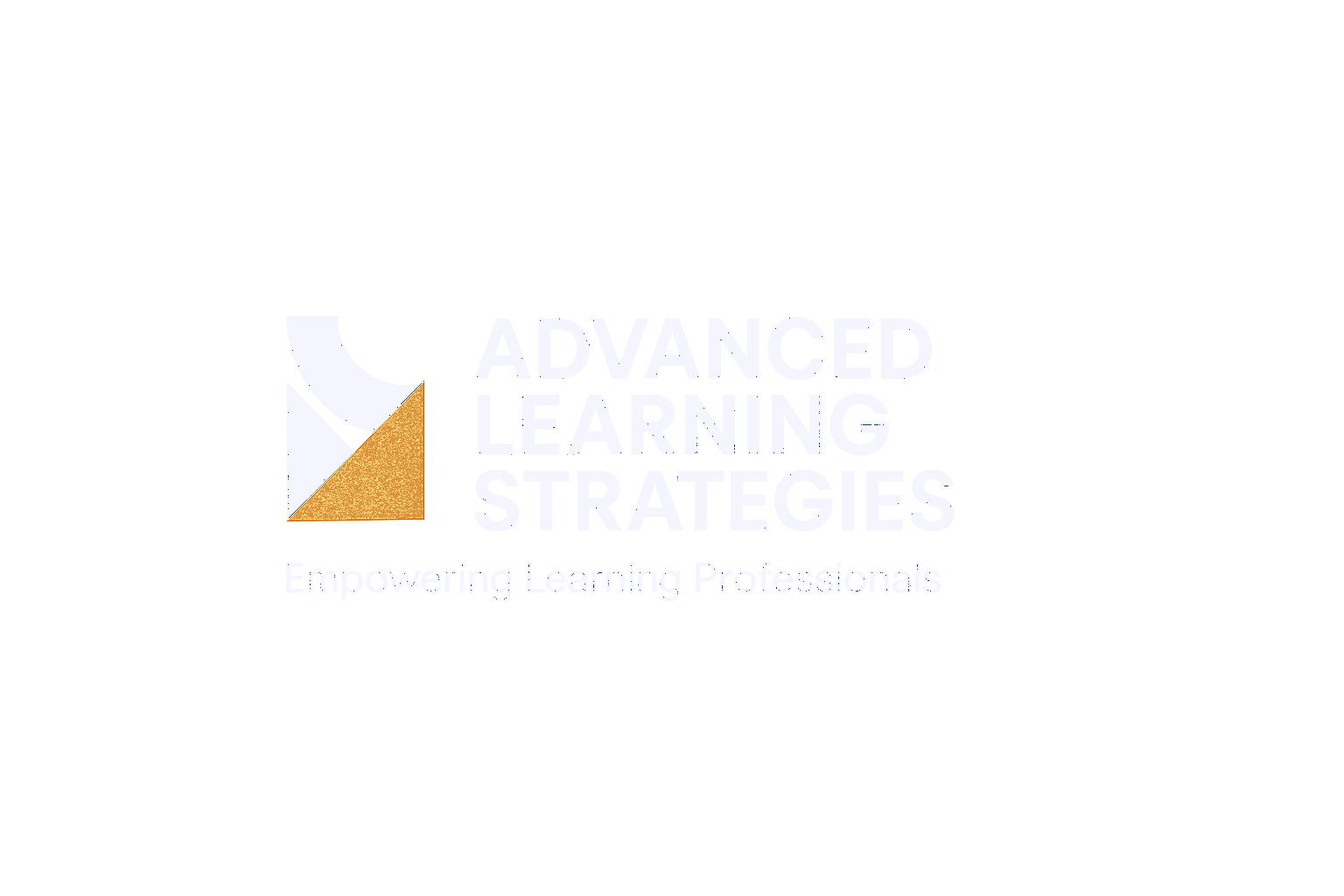
🔎 The Human Side of Learning
Malcolm Knowles: Respect, Relevance, and the Adult Learner
Why This Series Exists
Right now, the learning world is in flux. AI is transforming how we build, deliver, and scale learning—faster than many of us imagined. It’s thrilling. It’s disorienting. It’s full of promise.
But as we race to reimagine what learning can be, we risk losing sight of what learning has always been at its best:
A deeply human exchange.
That’s what this series—The Human Side of Learning—is about.
It’s a personal exploration of the people who shaped how we think about learning. The ones who reminded us that content is nothing without context, that learners aren’t blank slates, and that dignity isn’t optional—it’s the foundation.
I’m not anti-AI. I’m pro-human. And I believe the best learning we design—especially now—will come from holding both truths at once.
Why Malcolm Knowles Still Matters
If you’ve spent any time in adult learning, you’ve heard the word andragogy. We owe that word—and so much of its impact—to Malcolm Knowles.
Knowles didn’t invent adult learning, but he gave us a way to see it clearly. He gave us language for something many of us sensed intuitively but couldn’t yet articulate:
👉 Adults learn differently. And they deserve to be treated accordingly.
In the traditional model of education, the learner was a passive recipient. The teacher held the knowledge. The learner absorbed it. Knowles challenged that dynamic—especially in adult settings. He argued that adults bring their own knowledge, goals, and urgency into any learning experience. And he offered six key assumptions that continue to influence learning design today:
1. Need to know – Adults need to know why they’re learning something.
2. Self-concept – They see themselves as autonomous and self-directed.
3. Experience – They bring a rich reservoir of lived experience.
4. Readiness to learn – Triggered by real-life relevance.
5. Orientation to learning – Focused on solving real-world problems.
5. Motivation to learn – Driven more by internal purpose than external rewards.
It may seem obvious now. But that’s because Knowles shifted the default.
What Resonates With Me
I didn’t discover Knowles in grad school—I found him while building continuing medical education for physicians in the early 2000s, serving as managing editor of the National Diabetes Education Initiative. I didn’t even know the term instructional design yet. I just knew that what we were building had to matter to the people receiving it.
Then I found Knowles. And everything started to make sense.
He gave me a framework for something I already felt:
That learning is not just about content—it’s about context, timing, and respect. That when you treat adult learners with dignity, they respond. They lean in. They apply. They change.
That realization shaped my entire approach to learning design. It still does.
Learning as Dignity, Not Just Delivery
Malcolm Knowles didn’t offer a tech stack or a toolkit. He offered a worldview. One where learners are seen. Respected. Valued.
That idea is more than nostalgic—it’s strategic. Because in a world of AI-powered personalization and rapid content production, what will set great learning apart is not just accuracy or scale—but empathy.
The future of learning isn't just smarter. It should also be more human.
Let’s Keep the Conversation Going
Do you still see Knowles' principles reflected in your work?
Where do you see andragogy being embraced—or quietly forgotten?
I’d love to hear how you’re keeping learning human in an age of automation. Leave a comment, message me, or share your own story. This project is about remembering—but also reimagining—with dignity at the center.
Next in the Series: Jane Vella
If Knowles gave us the mindset, Jane Vella built the method—grounded in dialogue, trust, and transformative learning design across cultures. Her work takes us deeper into learning as relationship, not transaction.
Learn More
📘 The Adult Learner – Malcolm Knowles
📎 Knowles’ Principles (InstructionalDesign.org)
The Human Side of Learning is an ongoing series by Advanced Learning Strategies.
We help learning professionals design smarter, more scalable training grounded in what actually works—while staying rooted in what makes learning meaningful.


